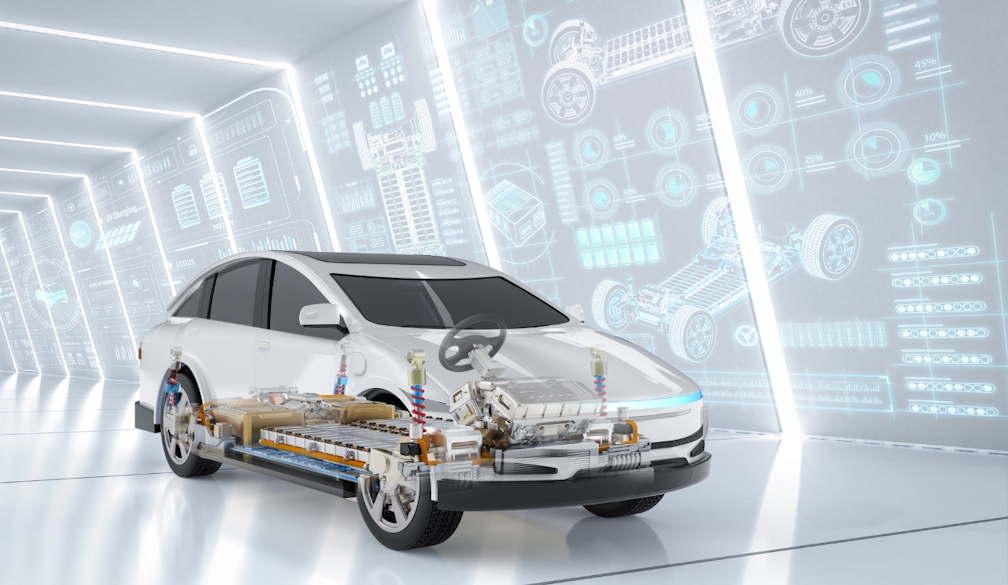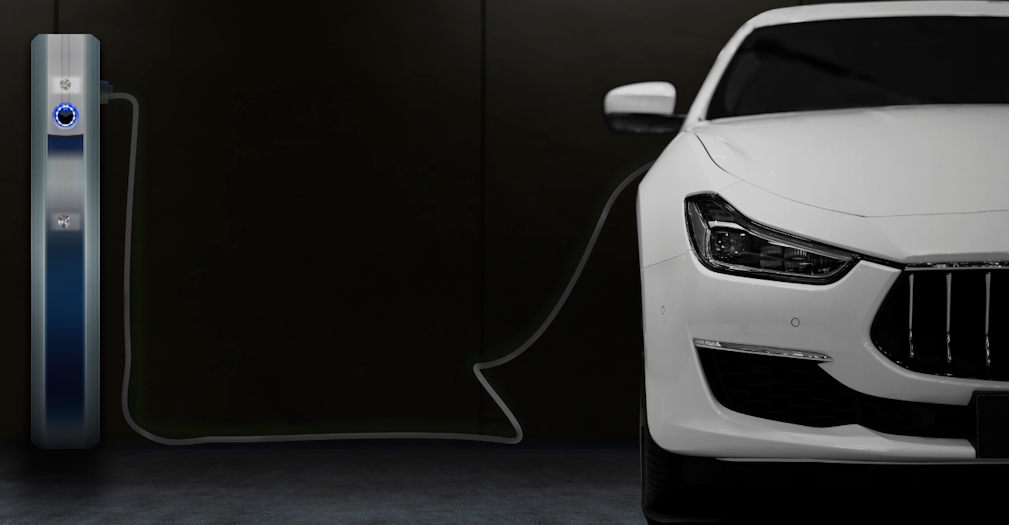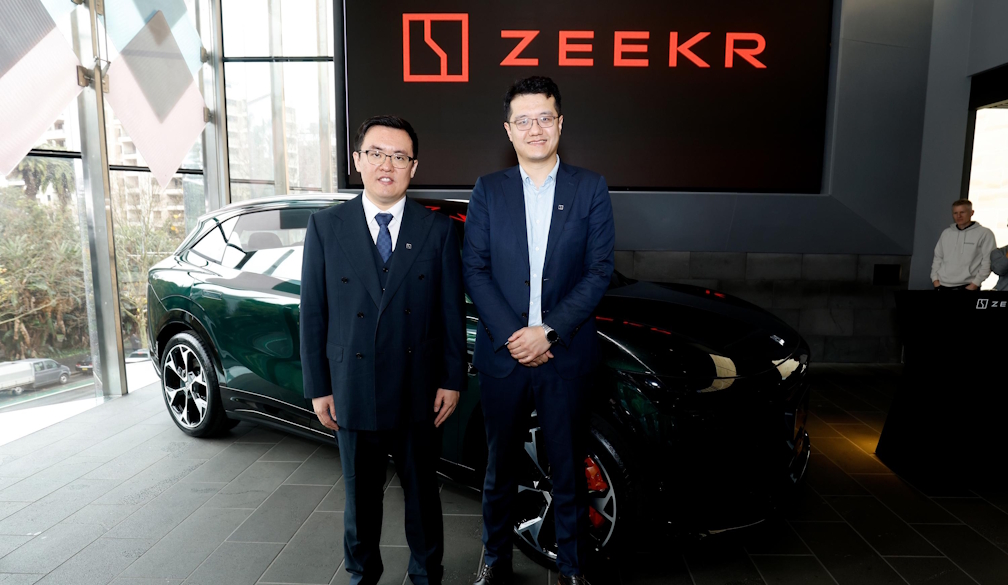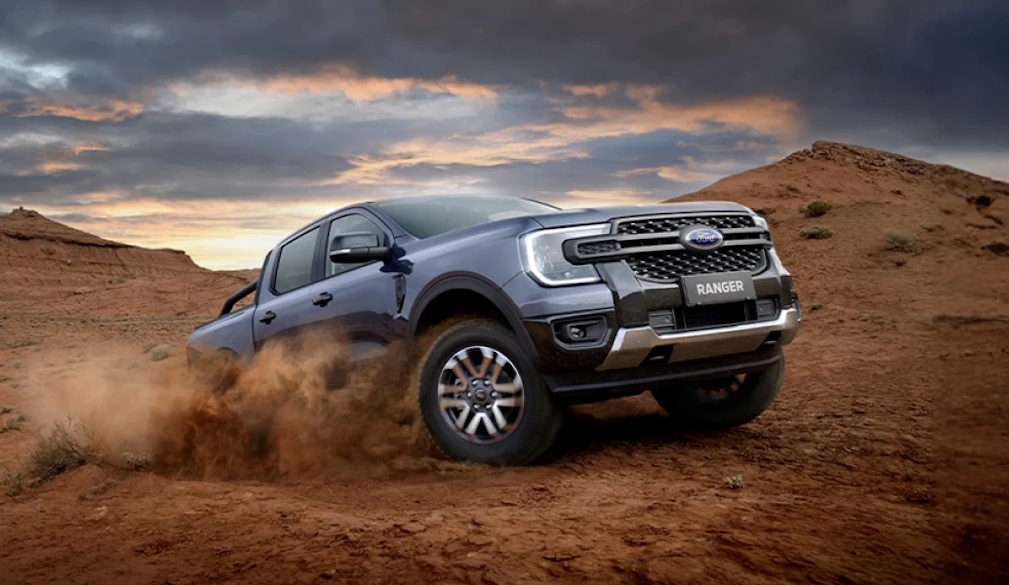What Are Hybrid Cars?
- Written by Men's Weekly

Hybrid cars combine at least one electric motor with a gasoline internal combustion engine (ICE) to power the vehicle. This combination allows hybrids to achieve better fuel efficiency and lower emissions compared to conventional gasoline-only cars.
How Hybrid Cars Work
The core principle of a hybrid car is to use the electric motor to assist the gasoline engine, or to power the car independently, especially at lower speeds or during acceleration. When the car brakes, regenerative braking systems capture kinetic energy and convert it into electricity, which is then stored in the battery. This stored energy is reused later, reducing the reliance on the gasoline engine.
Types of Hybrid Cars
There are several types of hybrid vehicles, each with a different approach to combining electric and gasoline power:
Parallel Hybrids: In parallel hybrids, both the electric motor and the gasoline engine can directly power the wheels, either together or independently. Most hybrids on the market, like the Toyota Corolla, Camry, and RAV4 hybrid variants, are parallel hybrids. Toyota Fleet Management has helped organizations like Aruma achieve significant fuel savings by switching to these hybrid models.
Series Hybrids: In a series hybrid, the gasoline engine acts as a generator, producing electricity to power the electric motor, which then drives the wheels. The engine does not directly power the wheels.
Plug-in Hybrid Electric Vehicles (PHEVs): PHEVs have larger battery packs that can be charged by plugging into an external power source, in addition to regenerative braking and the gasoline engine. They can travel a significant distance on electric power alone before the gasoline engine kicks in.
Mild Hybrids: Mild hybrids use a smaller electric motor and battery to assist the gasoline engine, but they cannot power the car solely on electricity. They primarily offer features like enhanced start-stop systems and some power assist during acceleration.
Benefits of Hybrid Cars
The increasing popularity of hybrid vehicles is driven by several key benefits:
Improved Fuel Efficiency: Hybrids consume less fuel, which translates to lower running costs for drivers. For example, Aruma, a disability support service, saw a potential reduction in average fuel consumption of 30% by switching to
Toyota hybrid vehicles, resulting in a 68% increase in range from every tank.
Reduced Emissions: By relying less on the gasoline engine, hybrids produce fewer greenhouse gas emissions. Aruma was able to reduce its fleet CO2 emissions by up to 32% between February 2019 and February 2022 by incorporating hybrids.
Lower Running Costs: Despite a slightly higher upfront cost, the lower fuel consumption and potential for reduced maintenance can lead to significant whole-of-life cost savings. Aruma estimated whole fleet cost savings of over $280,000 over a three-year operating lease by switching to hybrids.
Resilient Used Values: The Australian used car market has shown resilient vehicle values for hybrids, with used car prices remaining approximately 20% higher than pre-COVID levels despite increased supply.
Growing Availability: The variety of EV models, including hybrids, available in the used car market continues to expand. The Federal Government's upcoming New Vehicle Efficiency Standard (NVES) is also expected to further boost new EV model availability and adoption, supporting continued growth in the used EV market.
The market for electric and hybrid vehicles saw record sales in February, with hybrid sales increasing by 100.2% year-on-year. This significant shift indicates a growing consumer acceptance and demand for sustainable automotive solutions.
What Hybrid Cars Are on the Market in Australia?
The Australian market is seeing a significant increase in the availability and popularity of hybrid cars. These vehicles, which combine electric motors with gasoline engines, offer improved fuel efficiency and reduced emissions. Here's a look at some of the hybrid cars currently available in Australia:
Popular Hybrid Models:
Toyota: Toyota is a dominant player in the Australian hybrid market with several popular models, including the Toyota Yaris, Toyota RAV4, Toyota Corolla, Toyota Camry Hybrid, and Toyota Kluger. The Toyota Yaris Cross and Toyota C-HR are also available as hybrid-only options.
GWM Haval: The GWM Haval H6 Hybrid and Haval Jolion Hybrid offer larger and more affordable hybrid SUV options.
Mitsubishi: Mitsubishi offers the Mitsubishi Outlander PHEV and Mitsubishi Eclipse Cross PHEV, which are plug-in hybrid variants allowing for a significant electric-only range.
Hyundai: Hyundai has introduced hybrid options for models like the Hyundai Kona and Hyundai Santa Fe.
Kia: Kia's hybrid offerings include the Kia Niro Hybrid and the Kia Sorento GT-Line PHEV, a large seven-seat plug-in hybrid.
Honda: Honda has brought hybrid powertrains to models like the Honda HR-V and Honda CR-V.
Subaru: Subaru features models like the XV Hybrid and Forester Hybrid with e-boxer engine technology, and a Subaru head unit upgrade can enhance their infotainment experience.
BMW: BMW offers a plug-in hybrid alternative with the BMW X3 xDrive30e.
BYD: BYD is expanding its hybrid range with models like the BYD Sealion 6.
Nissan: The Nissan X-Trail Hybrid is available, offering a combination of toughness and fuel efficiency.
Lexus: Lexus, a luxury brand from Toyota, offers hybrid options for models like the Lexus NX and Lexus ES300h.
Market Trends:
The Australian market for hybrid and electric vehicles is experiencing rapid growth. Hybrid sales have seen a significant year-on-year increase, indicating growing consumer acceptance and demand for sustainable automotive solutions. Toyota remains the market leader in hybrid sales, with Hyundai and GWM following. The introduction of new vehicle efficiency standards is expected to further boost the availability and adoption of new hybrid and electric models, supporting continued growth in the used market as well.
When considering a hybrid car, it's important to research specific models, their features, fuel efficiency, and suitability for your needs and budget. The increasing variety on the market provides more options than ever for Australian drivers looking to transition to more sustainable transportation.







